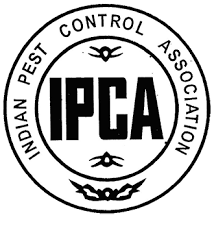





While reducing chemical reliance is a goal, it is acknowledged that some situations may require pesticide use. In such cases, modern pest control seeks to use more targeted and less harmful chemical options. Low-impact pesticides and biopesticides, which are derived from natural substances, are gaining popularity. These alternatives are designed to be less harmful to non-target organisms and the environment.
Advancements in technology have greatly enhanced pest control efforts. Remote monitoring, using sensors and cameras, allows for real-time data collection on pest populations. This information empowers pest control professionals to make more informed decisions about when and where to apply treatments, reducing the need for blanket pesticide applications.
Modern pest control places a strong emphasis on environmental responsibility. Practitioners consider the potential impact on beneficial insects, pollinators, and aquatic ecosystems. Protecting these elements of our environment is crucial, as they play essential roles in the health of our ecosystems and food production.